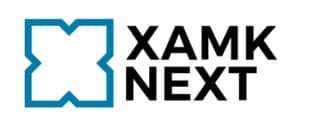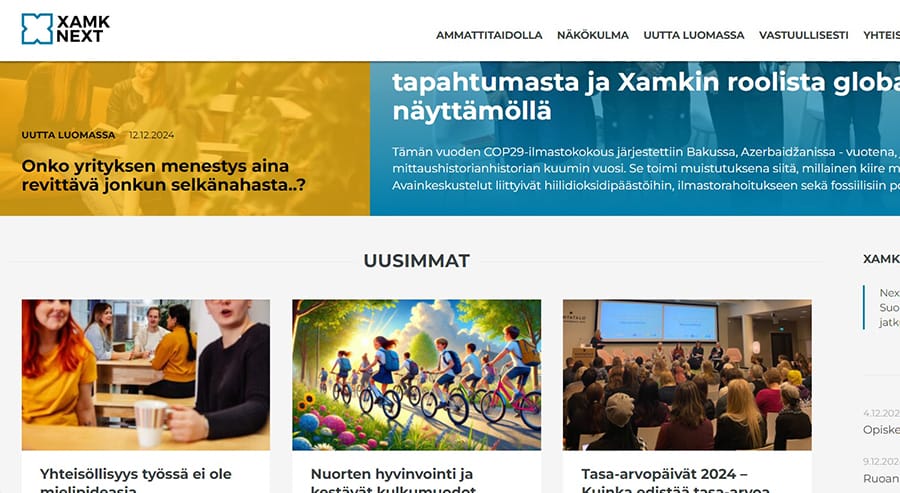Is it academically acceptable for a student to “contract out” their work?
What is contract cheating all about?
Contract cheating can take many forms from purchasing ready written (but previous un-submitted) texts from a menu selection, to ordering bespoke works with very specific criteria. Students can even give suggested references or texts to be used by a hired ghostwriter. Everything is available for a price – from simple essays to full PhD dissertations. Companies that offer these services even guarantee that their work is plagiarism free, thereby making detection by current plagiarism software impossible.
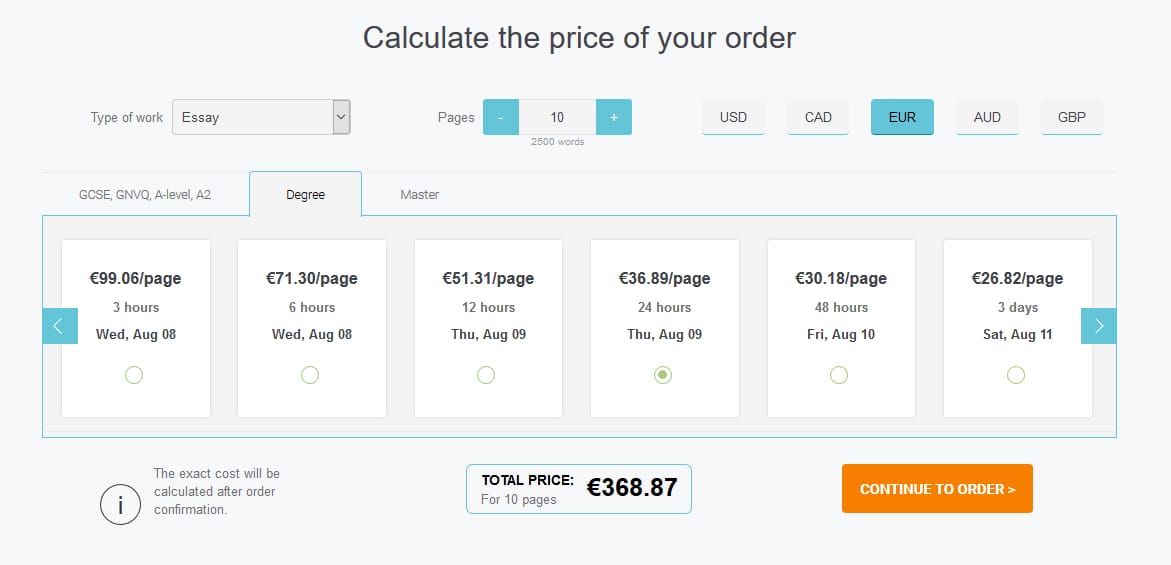
Online companies (and there are hundreds of them in the UK alone) are offering papers in all disciplines, at all levels, in all lengths. Students can even select the turnaround time from several weeks to just a few hours. The papers are always unique and have never been used previously, therefore cannot be regarded as plagiarised.
Students that want to use these services can even give criteria such as how long sentences should be, or how many simple grammar or spelling mistakes should be inserted into the text, and even what kind of grade they wish to achieve, thereby reflecting the student’s own “normal” style of writing. Students are even able to specify a certain academic style guide to be used, so that all they will have to do is insert their name at the beginning and the work is ready to submit.
Who is to blame?
General requirements in most academic institutions inform students that the work they submit for academic achievement must be their own work and any references to other work must be clear and unambiguous. Laws in many countries prevent contract cheating companies from operating as offering such a service is classed as fraud and companies are breaking the law offering these services.
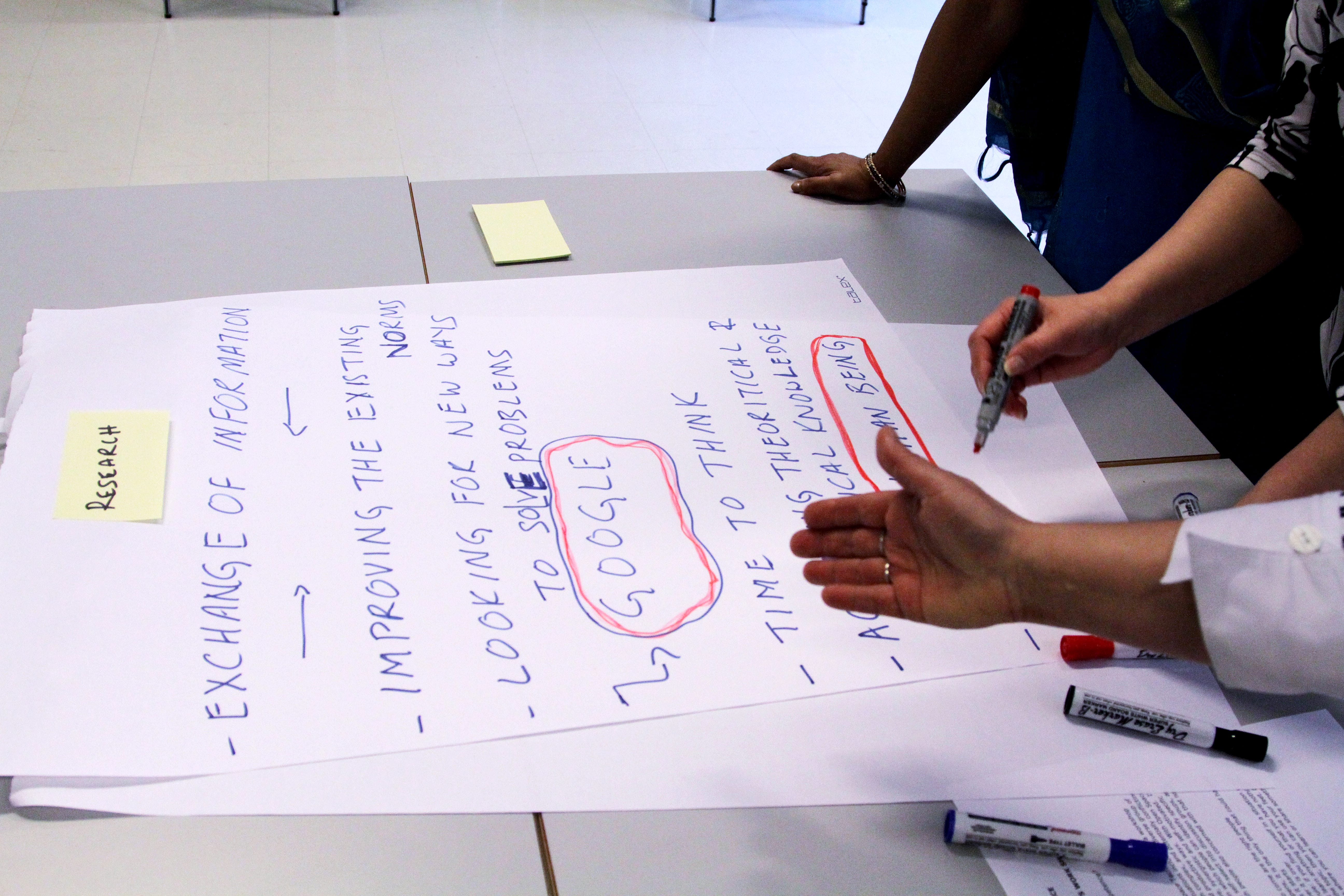
However, most companies have managed to get around current legislation simply by adding a disclaimer that students should use any texts they purchase as “reference material only”, and that they will not be held responsible for any action taken against the student for submitting work that is not their own.
Most of these companies are employing professionals, students, and even academics to write these texts against a paid commission, so who is at fault? Surely, we as academics have an ethical and moral duty to ensure that we do not end up providing anything to these kinds of companies.
How can we avoid this situation at XAMK?
At XAMK, only the lecturer can really detect if the style of the work seems different from the student’s normal work – but only if they are used to that student’s previous work. Lecturers can avoid this potential problem through allowing students to give more oral and visual presentations of their work.
This allows for more interactive discussions, going deeper than simple textual submissions. In addition, rather than demanding main written assignments for courses, we can give out smaller topics and have more discussions. A good example of getting students to absorb more information and retain it is reflective writing – thereby ensuring that students are reflecting on what they have actually carried out or learned.
Recent studies in the UK have suggested that around 50% of students are prepared to pay for someone else to write their texts to get them through their degrees.
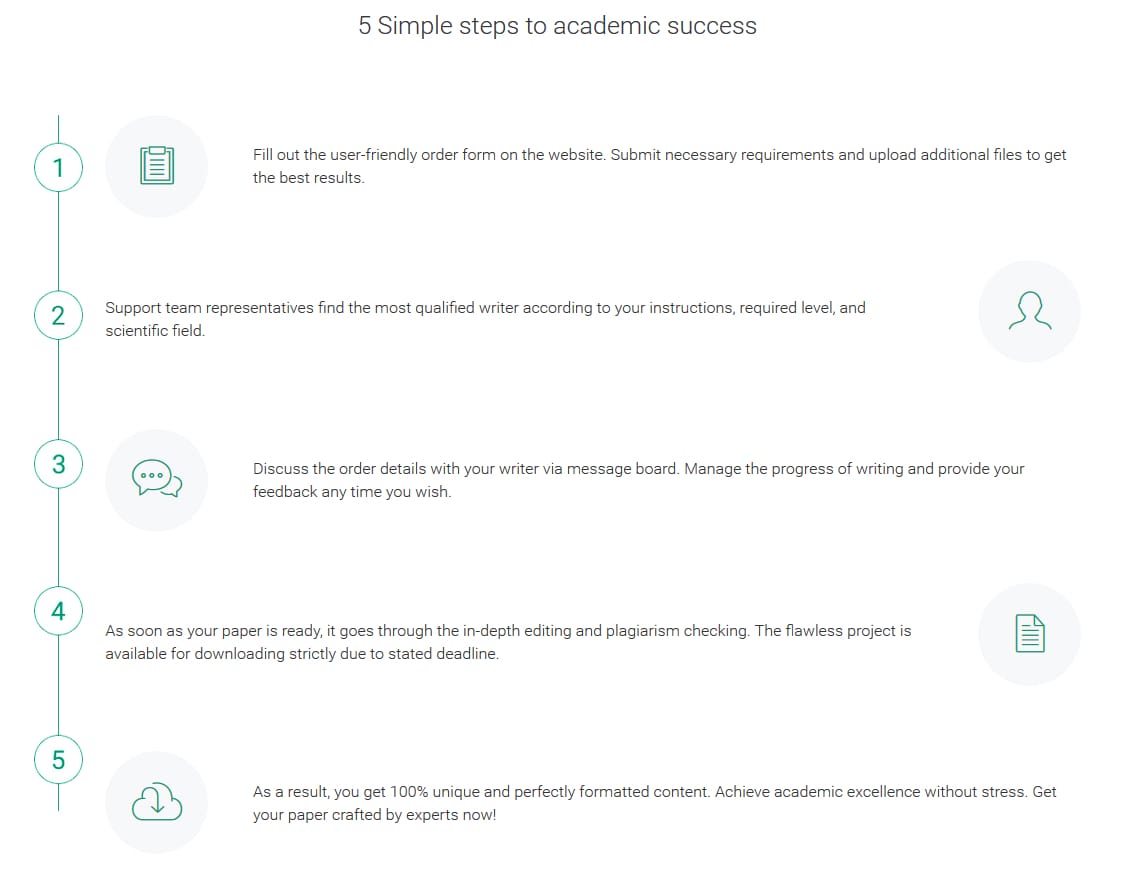
This seems like a worrying trend. Companies that produce plagiarism software, such as Turnitin, are now recognising contract cheating as a serious enough problem that they are developing their software to detect if a student’s writing style seems to have changed from previous submissions.
We may not be able to overcome this situation altogether, but we need to instil a learning culture in students rather than creating a text production facility. We know that students will learn more from something they have written themselves rather than producing something from someone else – but do students realise that?
